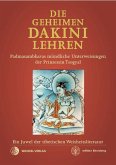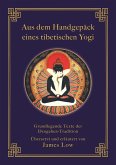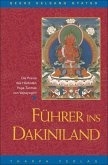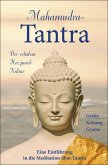High Quality Content by WIKIPEDIA articles! Tilopa (Prakrit; Sanskrit: Talika or Tilopada, 988 1069) was born in either Chativavo (Chittagong), Bengal or Jagora, Bengal. He was a tantric practitioner and mahasiddha. He developed the mahamudra (Tibetan: phyag rgya chen po) method, a set of spiritual practices that greatly accelerates the process of attaining bodhi (enlightenment). He is regarded as the human founder of the Kagyu lineage of Tibetan Buddhism and is, in effect, the Buddha Vajradhara. Tilopa was born into the brahmin (priestly) caste according to some sources, a royal family but he abandoned the monastic life upon receiving orders from a dakini (female buddha whose activity is to inspire practitioners) who told him to adopt a mendicant and itinerant existence. From the beginning, she made it clear to Tilopa that his real parents were not the persons who had raised him, but instead were primordial wisdom and universal voidness. Advised by the dakini, Tilopa gradually took up a monk's life, taking the monastic vows and becoming an erudite scholar. The frequent visits of his dakini teacher continued to guide his spiritual path and close the gap to enlightenment.
Bitte wählen Sie Ihr Anliegen aus.
Rechnungen
Retourenschein anfordern
Bestellstatus
Storno








